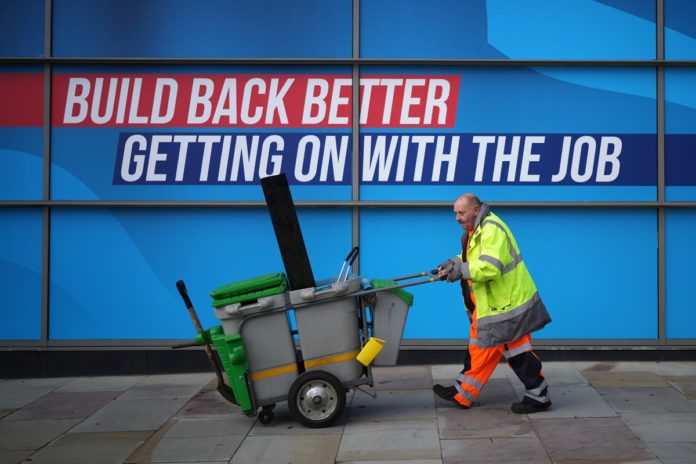Your support helps us to tell the story
Our mission is to deliver unbiased, fact-based reporting that holds power to account and exposes the truth.
Whether $5 or $50, every contribution counts.
Support us to deliver journalism without an agenda.
Day-to-day services such as libraries, buses, road maintenance, and youth centres will face further cuts, councils have warned, as they struggle to fund ballooning adult social care and children’s care costs.
The County Councils Network (CCN), which represents 37 of England’s largest local authorities, is warning of a £54bn funding black hole across councils over the next five years.
Analysis from the CCN has found that rising costs for adult social care, children’s services and school transport for children with special needs will leave local authorities unable to afford much else.
These three areas together account for 83 per cent of the total increase in costs that councils are projected to spend on services up to 2030.
Council leaders are warning that libraries, road maintenance, buses, children’s centres and youth centres, will all have to face cuts as money is diverted to care services.
Adult social care spending in England is predicted to increase by £11.8bn from 2022/23 to 2029/30. Spending on children’s services is expected to increase by £8.4bn over this period, analysis by PricewaterhouseCoopers for the CCN has found.
Raising council tax by a further 3 per cent a year could reduce the £54bn black hole to a £37.6bn shortfall, according to the analysis. However, council chiefs have warned that the government should not rely on raising council tax after a long period of annual increases.
A new survey of council chief executives also reveals that 16 county and rural unitary authorities could be at risk of declaring bankruptcy by 2026/27, with a further six the year after.
Council leaders have called for urgent changes to ease spending. They want mainstream schools to become more inclusive for pupils with special educational needs so that fewer pupils need school transport.
They also want a cap on fees for residential placements for children in care.
PwC analysis estimated a huge increase over the next five years in councils’ spending on school transport in England. Providing home to school transport for those eligible is a statutory duty for all councils.
Spending on this service is projected to increase by £1.7bn in the next five years, an increase of 90.1 per cent from the financial year 2022/23 to 2029/30.
While councils may want generous help from central government, Chancellor Rachel Reeves has said she has inherited a £22bn black hole in the public finances from the Tory government. She has said that “difficult decisions” will have to be made, in a sign that tough measures are being planned for October’s Budget.
Cllr Barry Lewis, finance spokesperson of the CCN, said: “With the funding gap fuelled by rising costs in adult social care, children’s services and SEND transport, councils will have to divert even more funding to prop up these services, leaving councils providing little more than care services by the end of this parliament.
“Ministers would have no choice but to radically rethink the statutory responsibilities placed upon councils to prevent six in ten declaring bankruptcy by 2028.”
The department for housing and local government has been contacted for comment.


